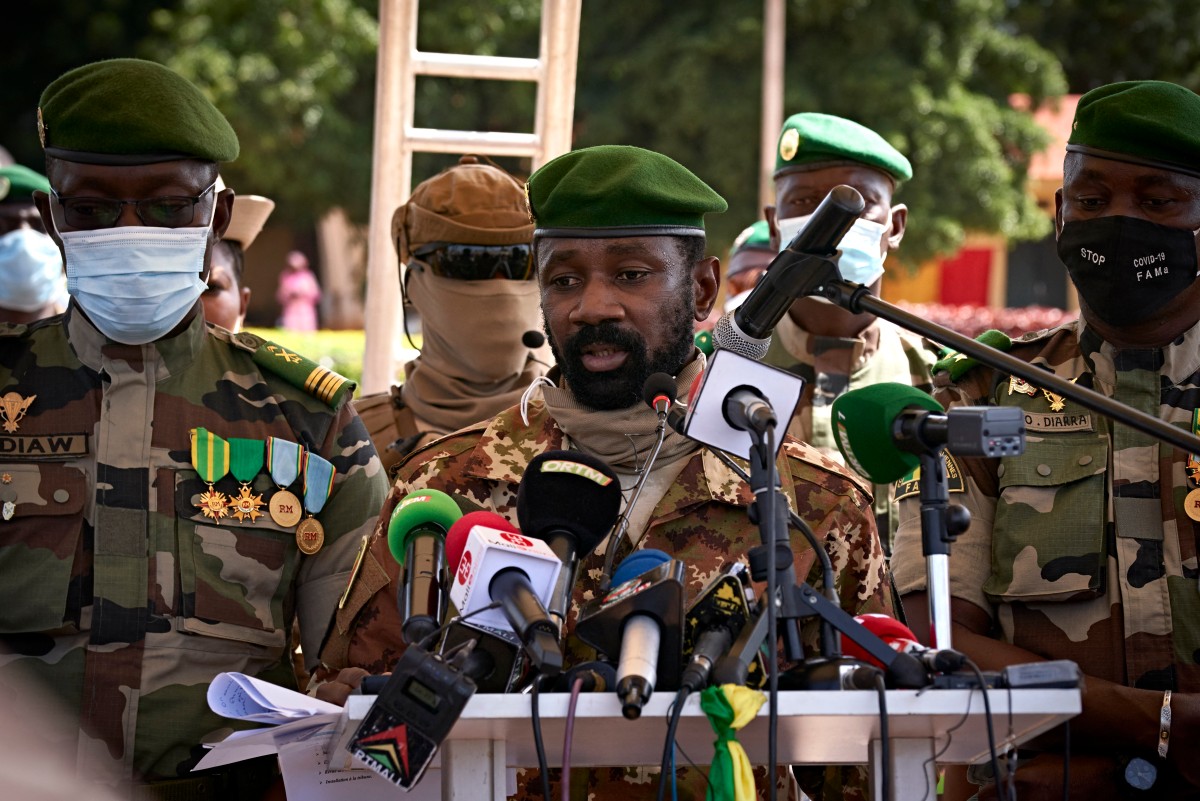Dozens of soldiers in Mali have reportedly been arrested over allegations of plotting to overthrow the country’s military leadership, in what sources describe as one of the most significant waves of internal security crackdowns in recent years. The arrests, which began several days ago and continued overnight, have raised concerns over mounting divisions within the junta-led government as the country grapples with an escalating jihadist insurgency in the north. Authorities have yet to release any official statement on the situation.
Initial speculation suggested that Gen Abass Dembele, former governor of the Mopti region, and Gen Nema Sagara, one of the few women serving at the highest ranks of the Malian army, were among those detained. However, a source close to Gen Dembele told the BBC this was false, saying he had just visited the general’s home and confirmed he was “doing well.”
According to the AFP news agency, multiple sources within the military and the junta-backed National Transition Council claimed that those arrested were accused of planning to destabilize state institutions and topple the government. An unnamed lawmaker from the council told AFP that around 50 soldiers had been detained, while a security source placed the figure at no fewer than 20. All of them are reportedly active soldiers.
The arrests come against a backdrop of heightened political repression by the military government. Former Prime Ministers Moussa Mara and Choguel Maiga have recently faced accusations ranging from damaging the reputation of the state to embezzlement. Mara, who has emerged as an outspoken critic of the junta, has been detained since August 1, while Maiga is facing judicial sanctions.
The political climate has grown increasingly tense since May, when the junta dissolved all political parties after rare anti-government protests. Mara condemned the move as a severe setback to reconciliation efforts initiated by the transitional government last year. The junta, led by Gen Asimi Goïta who seized power in two coups in 2020 and 2021 had initially promised elections in 2024. However, these have been indefinitely postponed, and in July, the transitional period was controversially extended by five years, allowing Goïta to remain in power until at least 2030.
Meanwhile, Mali’s security situation remains dire. The country has been battling a jihadist insurgency since 2012, one of the key reasons cited for the military’s takeover. Despite enlisting Russian military support alongside Niger and Burkina Faso after severing ties with France, jihadist attacks have persisted and even intensified, particularly in the north. The latest alleged coup plot underscores the instability within Mali’s leadership at a time when the nation is facing both internal political unrest and external security threats.













Leave a comment